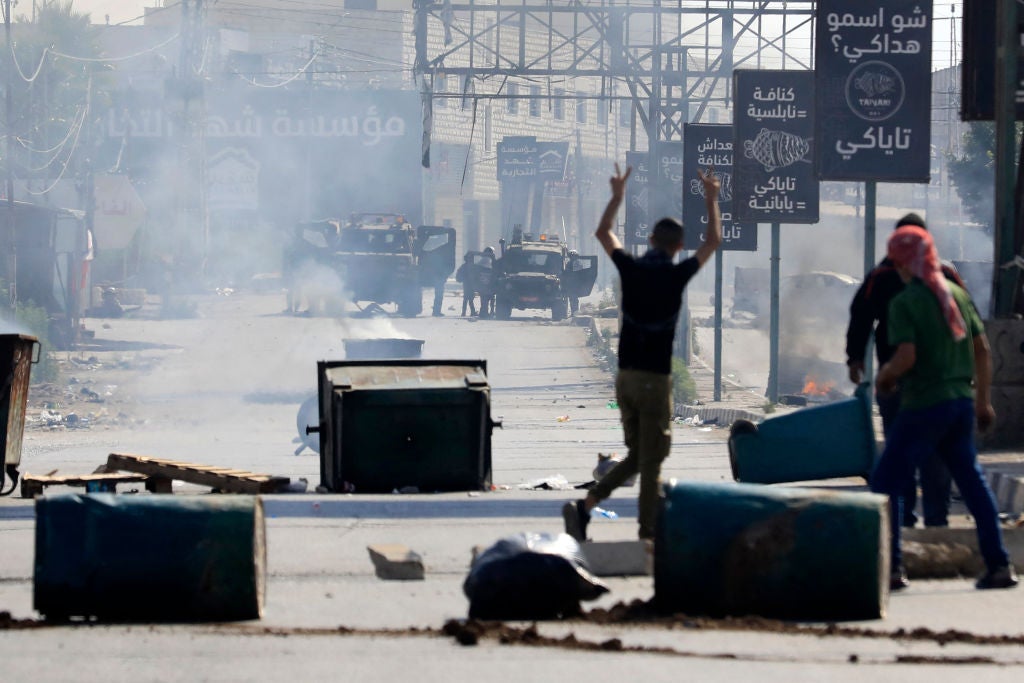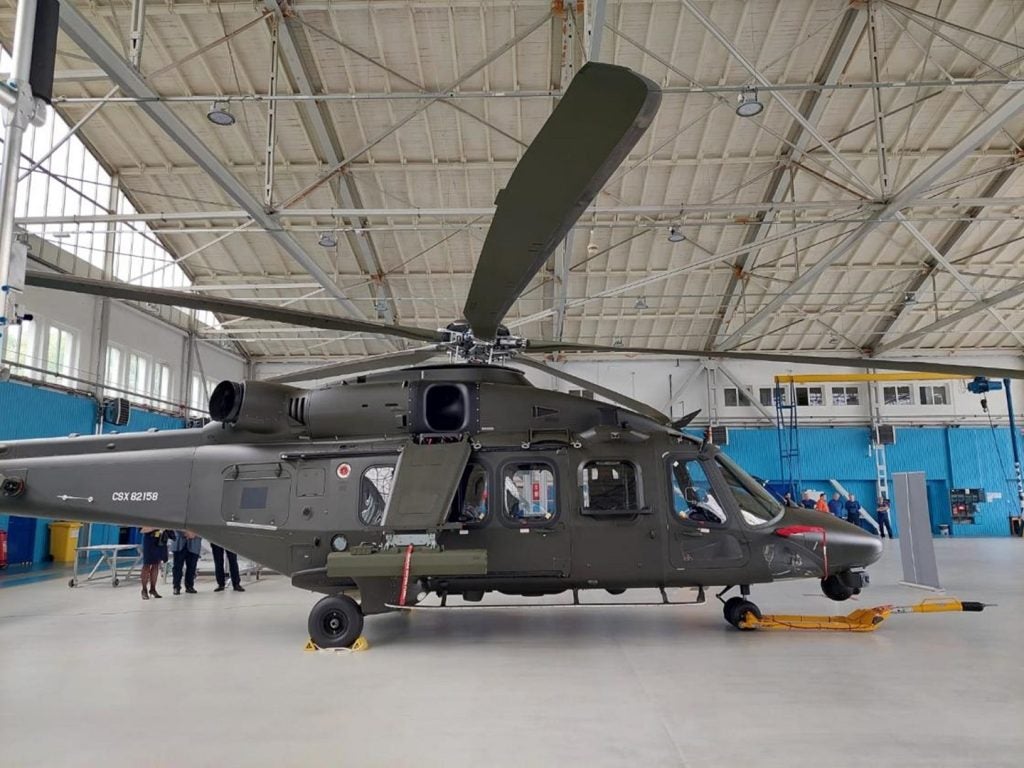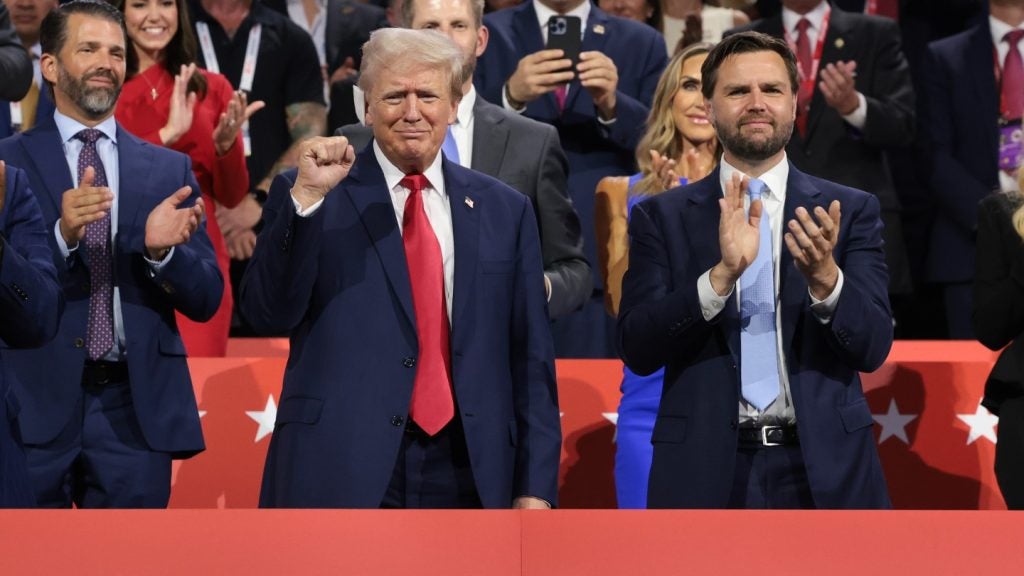
The International Institute of Strategic Studies (IISS) hosted an event on 13 October to discuss the geopolitical implications of the war between Israel and Hamas, identifying trends in Israel’s posture that suggest dramatic changes to the territory of Gaza.
“We have already heard some indications on the Israeli side that they intend to make permanent changes to the conflict and indeed to the adversary,” said John Raine, IISS senior adviser for geopolitical due diligence. “I believe this could entail changes to the topography of Gaza, and most recently announced in the last 24 hours suggest that that may be where they are heading.”
A change to the topography of Gaza could mean the introduction of a buffer zone, akin to the ‘Green Line’ stretching 180km across the island of Cyprus; however, Gaza is only 45km long and 6–12km wide, and with more than two million residents, is one of the most densely populated places on Earth. A further reduction in its area would add to ongoing difficulties in managing infrastructure and displace a large number of residents.
Israel’s strategic objectives
Raine spelled out four strategic objectives for Israel: to neutralise immediate threats to the settlements and their population; to measure the population; to deny Hamas its operational environment; and to prevent the conflict spreading to impact the West Bank, the Northern front with Hezbollah and Lebanon, and Israeli interests overseas.
“The Israelis have a playbook for each of those, and I think we will see that rollout not in sequence, but at exactly the same time, because they will be acutely aware that what they do in the West Bank increases the likelihood of any one of those fronts igniting,” he said.
In the wake of employing a significant show of strength to instil confidence and dismantle the capabilities of Hamas, it is anticipated that a prolonged weakening of the organisation and its affiliated groups will ensue. However, this will necessitate a relentless and continually updated intelligence infrastructure. “The absence of that is an acute embarrassment to the Israelis,” said Raine. “So we will see a renewal of their intelligence capabilities.
“We can expect to see much more but much more selective kinetic activity, as the target base is refreshed, it is going to be very difficult to agree with the Israelis an end point for this conflict. They haven’t given any indication of what constitutes success. There may be significant redeployments made for military reasons, but I think they will want to keep this open-ended until they have reached what they believe is effective decapitation and disablement of Hamas.”
Regional and broad geopolitical implications from Gaza
Until the events of 7 October, 2022 and 2023 were the most violent years in the region since the end of the second intifada of 2000–05, according to Emile Hoyakem, IISS director for regional security and senior fellow for Middle East security, and had signalled that the tract of normalising relations between Israel and other countries was a “distraction from a very troublesome dynamic on the ground”. Egypt and Jordan grew quite concerned and had a political appreciation as well as intelligence warnings concerning rising tension.
Egypt and Jordan have used every available channel with Israel, as well as with the West and Arab nations, to call for de-escalation, but their influence is quite limited beyond the issue of returning hostages. With regard to the self-interest of these countries, they are trying to avoid an influx of refugees, having received many thousands in recent years that were meant to be located on temporary basis but are still present.
Hoyakem advises that close attention be paid to the activities of Turkey and Qatar, two nations that have the necessary relationships with Hamas to engage diplomatically. “For them, usually, they like to play the mediator role… In this specific case, it is both needed and extremely dangerous for them.
“This is not the situation where they would have to help de-escalate a limited war, providing incentives and reassurance respectively, to the Palestinians, and then to the Israelis. It is an all out war, a ground intervention that will inflame their populations, their media and so on.”








